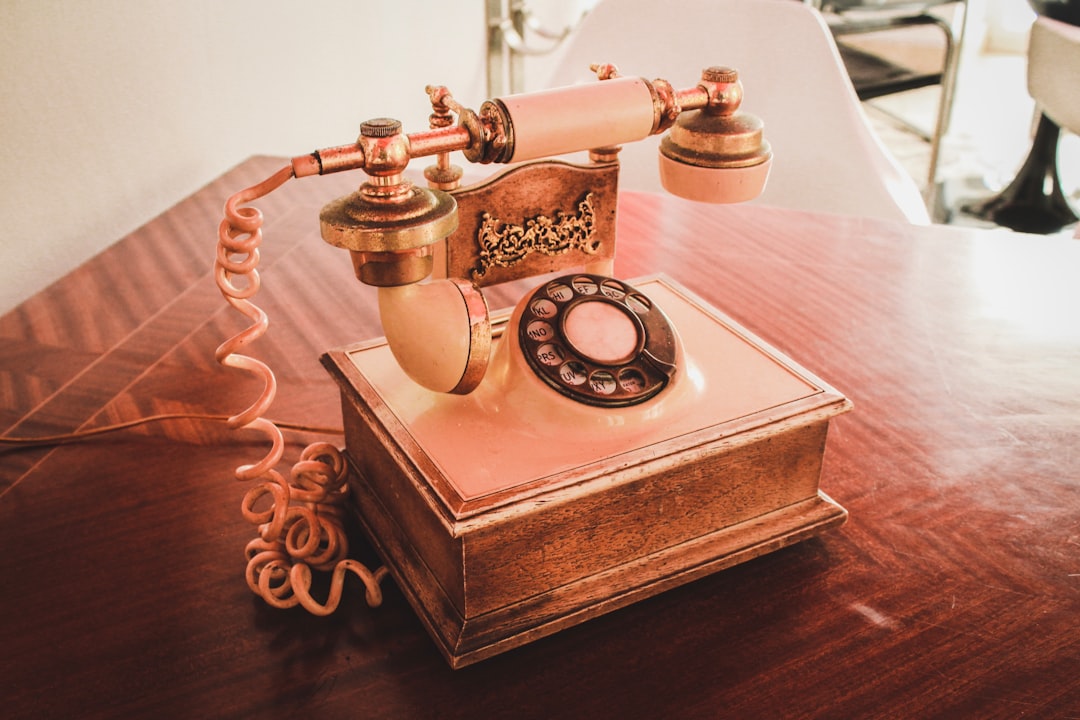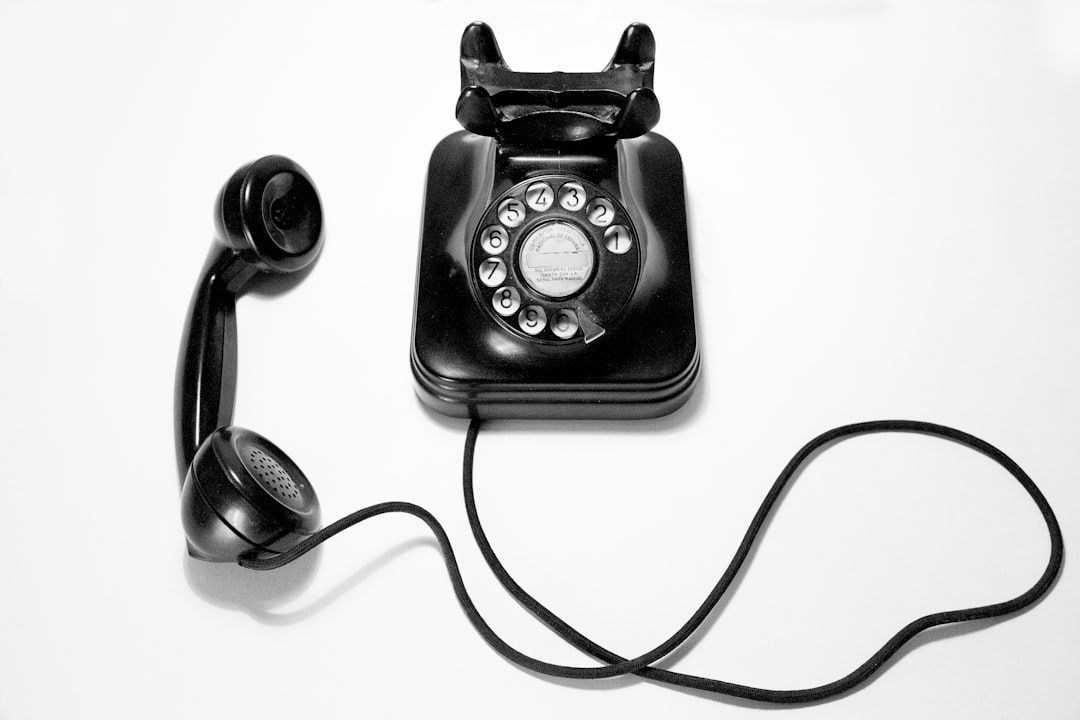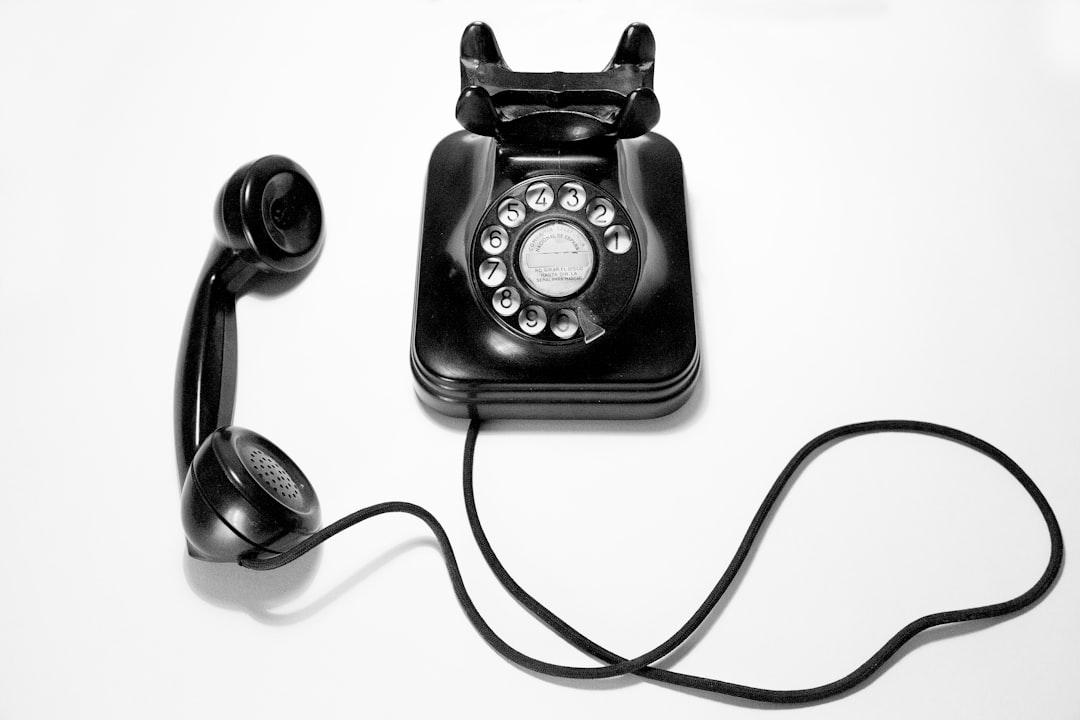The Eastern Shore Railway Museum in Parksley, Virginia, explores the historical role of railways in communication and transportation, highlighting their impact on economic growth and social connections. This historical context offers a unique perspective on modern communication challenges, particularly spam calls. By showcasing the evolution of communication methods, the museum parallels the ongoing battle against unwanted communication practices affecting Virginia residents and businesses. Spam call lawyers and attorneys in Virginia navigate complex telecommunications laws, drawing on historical legislative milestones to advocate for clients' rights against nuisance calls. The museum's exhibits provide invaluable resources for modern legal professionals dealing with spam calls, combining historical achievements with contemporary concerns.
“Step back in time and explore the fascinating history of communication at Parksley’s Eastern Shore Railway Museum. This immersive journey delves into the pivotal role of the railway in shaping historical communication methods. From telegraphs to train announcements, discover how the Eastern Shore Railway connected communities. Learn about the museum’s dedication to preserving this legacy, including its unique insight into the evolution of spam calls. Uncover the legal aspects surrounding these modern-day communication nuisances through the expertise of our Virginia-based spam call lawyers and attorney firms.”
The Eastern Shore Railway's Role in Historical Communication

The Eastern Shore Railway Museum in Parksley, Virginia, offers a fascinating glimpse into the historical role of communication, particularly through its connection to the railway system. The Eastern Shore Railway played a pivotal part in shaping how people and information moved across regions during its operational years. As one of the primary modes of transportation, the railway facilitated rapid communication between remote areas, fostering economic growth and social connections.
In the context of legal issues related to communication, such as spam calls, understanding the historical role of railways can provide valuable insights. For instance, in today’s digital age, when spam call lawyers Virginia or spam call attorneys Virginia are increasingly sought after, the railway’s past effectiveness in delivering messages could be a point of comparison for modern communication challenges. The museum’s narrative thus adds a unique perspective to discussions about legal matters involving communication, highlighting both historical achievements and contemporary concerns.
Parksley Museum: Preserving the Past and its Impact on Modern Spam Calls

The Parksley’s Eastern Shore Railway Museum stands as a testament to preserving historical narratives, offering visitors a glimpse into the bygone era of rail travel. Among its displays, the museum highlights the evolution of communication, showcasing how technology has transformed the way people connect. This journey through time is not merely an exhibit; it serves as a metaphor for the modern-day battle against spam calls, a relentless issue plaguing Virginia residents and businesses alike.
Just as the museum safeguards antique railcars, its legal counterparts in the form of spam call lawyers Virginia, spam call attorneys Virginia, and law firms specializing in this domain protect consumers from unwanted communication practices. With an increasing number of spam call cases, these professionals play a crucial role in navigating the complex landscape of telecommunications laws. By understanding the historical context of communication methods, these experts can effectively advocate for clients, ensuring their rights are upheld in the digital age, where both past and present converge in the quest to curb nuisance calls.
Legal Aspects of Spam Calls in Virginia: A Historical Perspective from the Museum

The Parksley’s Eastern Shore Railway Museum, with its rich historical collection, also offers insights into the evolving legal landscape surrounding communication, particularly focusing on the ancient issue of spam calls. In Virginia, like many states, the fight against unwanted and fraudulent phone calls has taken center stage. The museum’s exhibits highlight key moments in history when laws were enacted to protect consumers from annoying and deceptive practices, such as automated or prerecorded calls, often associated with spam.
From the early 20th century onwards, Virginia’s legislature has been active in addressing these issues. The museum’s archives preserve legal documents and news clippings that trace the development of anti-spam call legislation. Today, a lawyer for spam calls in Virginia or any attorney specializing in this area would refer to these historical records to understand the roots of current laws. These include restrictions on prerecorded calls, do-not-call lists, and penalties for violators—all designed to safeguard citizens from intrusive and illegal spam call practices.






